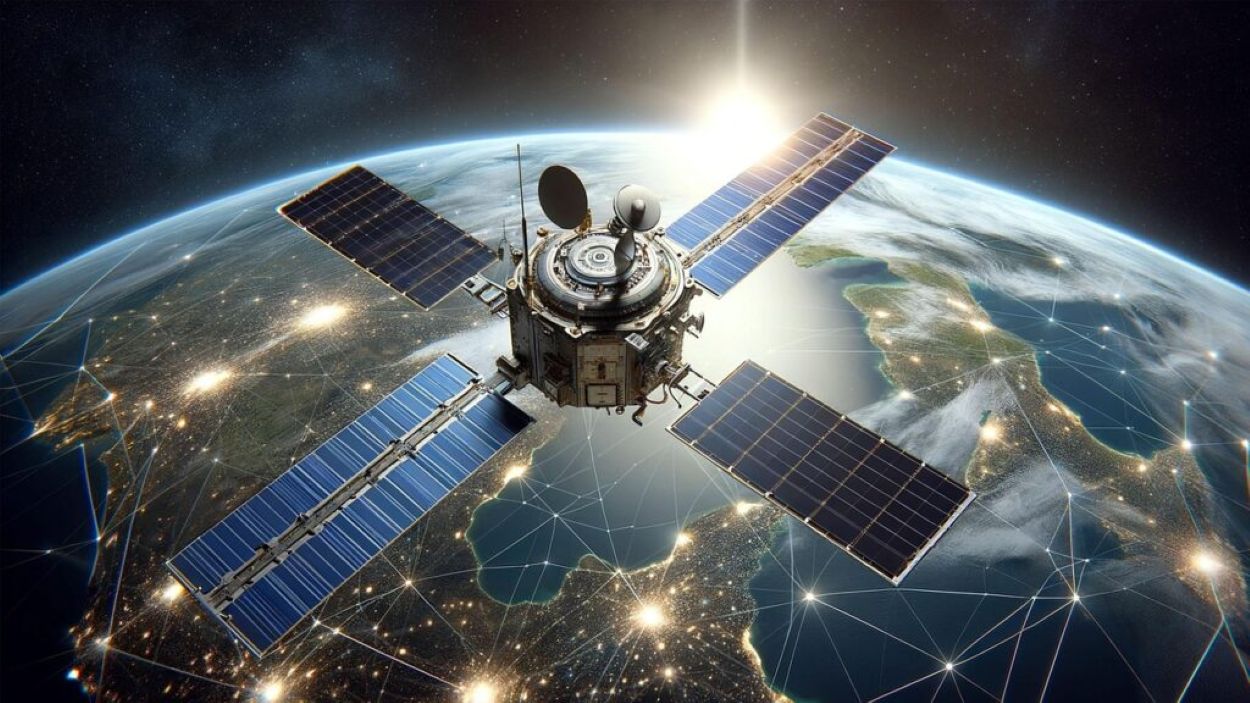On May 13, 2025, China launched 12 AI-powered satellites, the first 2,800 planned for its “Three-Body Computing Constellation,” a space-based supercomputer network.
According to the South China Morning Post, the China Aerospace Science and Technology Corporation (CASC) launched each satellite via a Long March 2d rocket. Each satellite can process 744 trillion operations per second and achieve transfer rates of 100 gigabits per second. This launch represents a significant milestone in China’s “Star Computing” program.
China launches satellites to build the world’s first supercomputer in orbit https://t.co/WzcYK2C9Fl
— South China Morning Post (@SCMPNews) May 15, 2025Equipped with an 8-billion-parameter AI model, the satellites can process raw data while in orbit, eliminating the need for Earth-based infrastructure. This innovation tackles the delays often associated with satellite data transmission, where only about 10% of the collected data is sent to Earth. Unlike ground-based supercomputers, this satellite constellation does not require expensive cooling systems, which could significantly reduce energy consumption compared to the projected 1,000 terawatt-hours used by data centres by 2026.
China begins assembling its supercomputer in space https://t.co/VVzlhwFLxa
— The Verge (@verge) May 18, 2025The Three-Body Constellation aims to compete with Earth’s most powerful supercomputers, providing scalable computing for climate modelling and space research applications. CASC claims it could outperform systems like Frontier, although independent verification is pending.
China kickstarts its ambitious space computing project with the launch of 12 satellites, aiming to rival Earth's most powerful supercomputers with real-time, in-orbit data processing@youniskashmiri1#China #satellite #ArtificialInteligencehttps://t.co/VdBOfb1VyC
— Business Standard (@bsindia) May 19, 2025China’s space computing push follows plans for a geostationary solar array, dubbed the “Three Gorges Dam of Space,” to harness uninterrupted solar power. These initiatives underscore Beijing’s aerospace ambitions, backed by a $62 billion space budget in 2024. The constellation’s deployment aligns with China’s goal to lead in AI and space tech by 2030.






